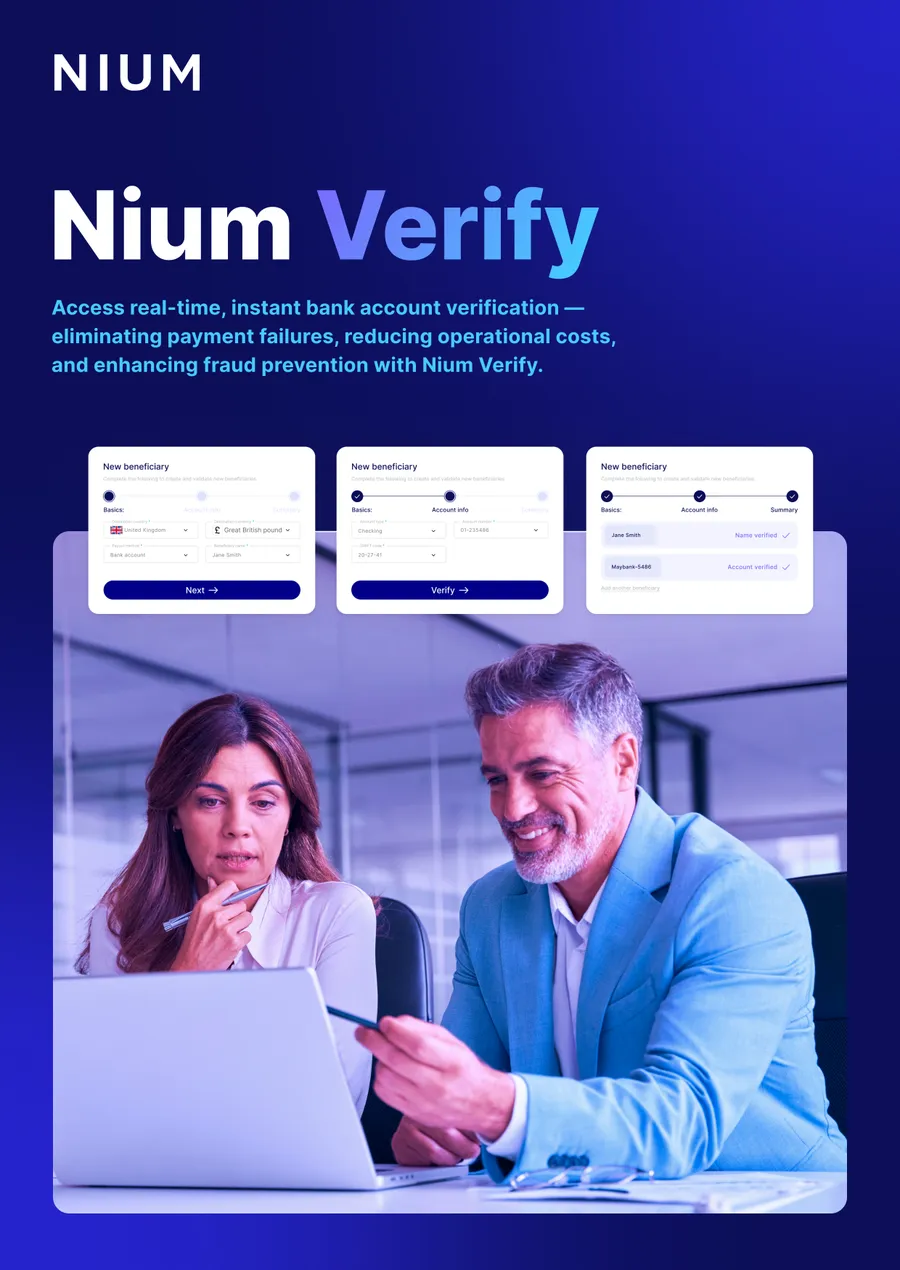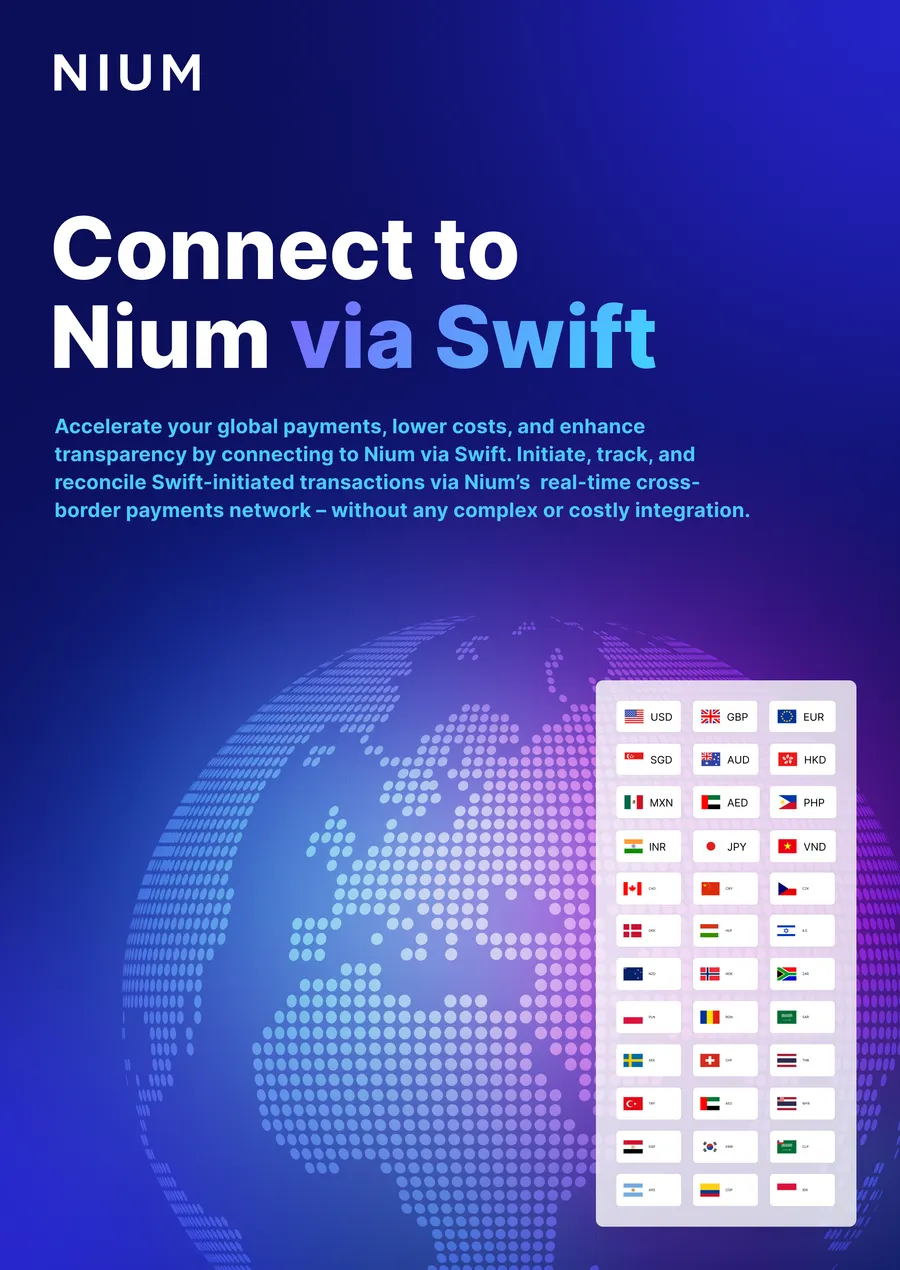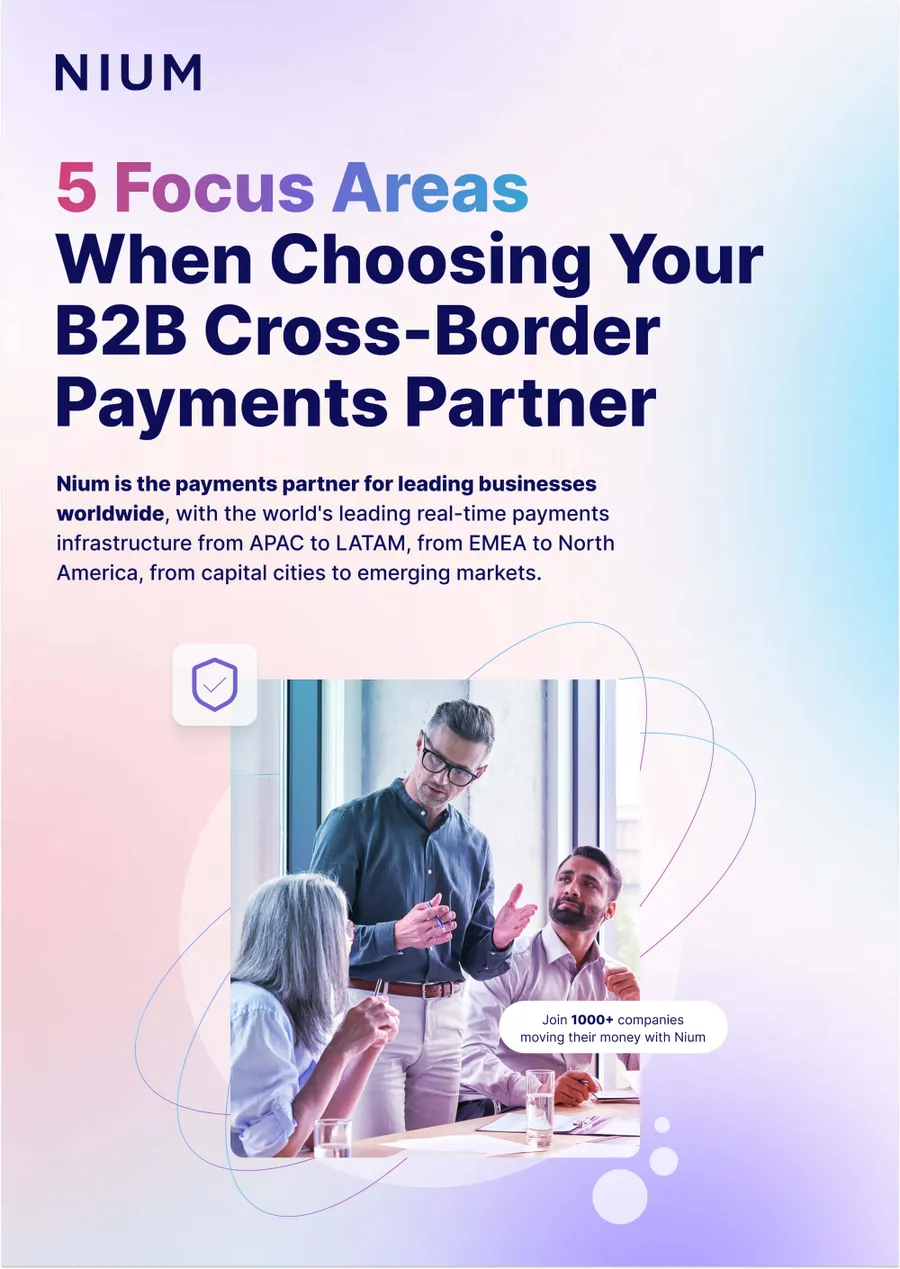Payments in the travel industry are more demanding and challenging than in other verticals. Not only is travel cross-border and ever-changing, it also involves complex supply chains (and thus payment chains) spanning hotels, airlines, car rentals and a wide range of other transport and travel services. Payment times can also be lengthy, and cancellations, disruptions, revised bookings and other complications are all familiar features of international travel.
As if that were not enough, travel businesses depend on very fine margins. That’s why it’s essential to have the right payment infrastructure, particularly if you are an online travel agent (OTA) operating worldwide. Because OTAs have a central marketplace role, orchestrating distribution and streamlining payments, they must think carefully about their payment strategies and how they engage with suppliers.
Today, having the right strategy also means having the right technology. Technology is transforming payments across all industries and sectors, and businesses that support travel are among those that can benefit most from the speed, control and versatility offered by paytech. Moreover, Covid-19 has accelerated the pace of change and underlined the need for digital solutions that focus on customer experience and operational efficiency.
Covid-19: Recovery and resilience
Not surprisingly, the travel industry has been severely affected by the pandemic. According to the World Travel and Tourism Council’s annual Economic Impact Report, global travel and tourism lost $4.5 trillion in 2020. When planes were grounded and borders closed, the world went into lockdown and travel came to a standstill.
Unlike retail, the travel industry was unable to take advantage of the massive shift to online buying during the pandemic. However, digital payments can play a major part in the revival and long-term profitability of the industry. Digital transformation is an economic necessity, and paytech can turn travel payments from a cost centre into a support service that improves the bottom line.
More efficient payments will protect the small margins that travel businesses rely on, and because Covid-19 has hastened digital progress, these businesses can rebuild and emerge stronger from the pandemic if they focus on fixing the back office and optimising their payment strategies.
Rebuild now is the clear message emerging from industry research. For example, a recent report from Visa describes how digital payments can help travel rebound through better cash flow and liquidity, increased security, more versatile payment methods, and greater emphasis on customer experience.
Making payments pay
OTAs must use payment innovations to unlock value and boost competitive advantage. Key goals for innovation include:
- Removing complexity to simplify reconciliation, increase straight-through processing, and enhance customer experience.
- Optimising card strategies to keep pace with the growth and popularity of contactless payments, which have received a huge uplift as a result of the pandemic.
- Increasing payment flexibility to enable refunds and last-minute changes.
- Increasing payment options to meet customer/supplier expectations and harness the benefits of paytech such as digital wallets and virtual cards.
- Enabling local payment preferences to ensure maximum coverage. For instance, AliPay and WeChat in China.
- Balancing the quest for frictionless payments with the vital need to counteract fraud.
Shaping the future, virtually
Virtual cards are among the innovations that can have the greatest benefit for B2B payments, and they were already transforming the travel industry before the pandemic made digital solutions even more attractive.
Virtual cards exist only as digitally-generated numbers. They are linked to a base account and are usually temporary, intended for one-time payments to designated parties. They are accepted anywhere physical cards are accepted and have several compelling advantages that make them particularly suitable for B2B travel payments and the challenges travel businesses must overcome to improve their margins.
Key benefits include:
- Easy reconciliation. Using a one-time card number means you can instantly reconcile every line item on an invoice. Virtual card reports are also simple to integrate with your systems.
- No more foreign exchange. Virtual cards can be paired with the currency of your suppliers, meaning you can buy globally but settle locally.
- Greater automation and control. You can automatically create a virtual card whenever you need it for a purchase, and the unique number ensures transparency and control. You can also specify a maximum amount, the name of the payee, and when payment should be made, including amending payment authorisation times if circumstances change (eg, if a flight time is altered).
- Maximum security. Fraudsters are blocked because each card has a unique number and is used for a specific purpose and amount.
- Better cashflow. Virtual cards enable you to customise payment dates, allowing you to keep money in your business for as long as possible.
The way forward with Nium
Building a future-proof payment strategy depends on working with a payment partner who understands the challenges for travel businesses as they emerge from the pandemic. While OTAs may be the original digital disruptors, their approach to payments has taken second place to customer acquisition and marketing – and it’s time to catch up.
As a global payments specialist, Nium can bridge the gap with its global payment platform that optimises all payment types. Whether it’s for cards, local accounts, e-wallets, virtual solutions, or any other payment method, Nium ensures that the payment experience is as important as the travel experience.
To find out more, see www.nium.com and Nium’s services for travel and logistics.



.png@webp)
.png@webp)
.png@webp)






